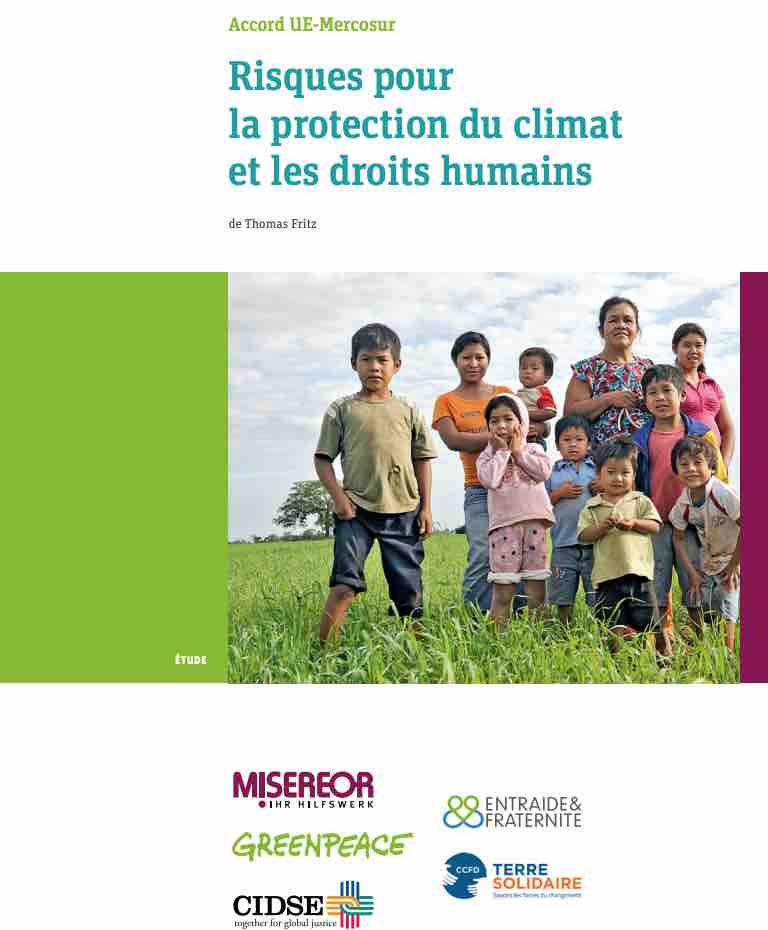Expanding commodity frontiers and the emergence of customary land markets: A case study of tree-crop farming in Venda, South Africa
Contemporary discourses on customary land tenure in Africa, and South Africa in particular, have emphasized the socially embedded and flexible nature of customary land rights, recognising these as inherently more ‘pro-poor’ than individual titling. Based on in-depth interviews and participant observations in Venda, a former homeland in South Africa, this paper explores how in the context of expanding commodity frontiers, customary land markets have emerged, leading to de facto privatisation of customary land.




